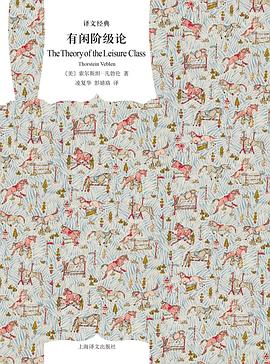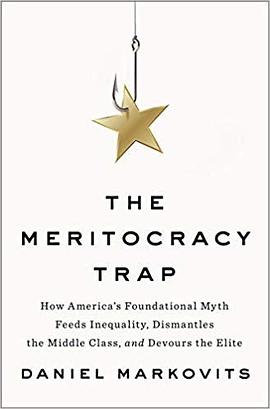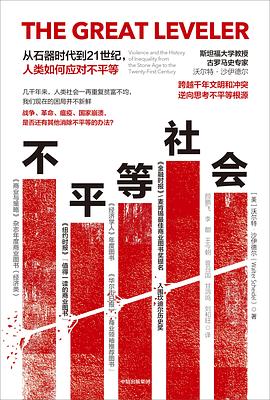

具体描述
Robert J. Shiller is a Nobel Prizeâ€"winning economist, the author of the New York Times bestseller Irrational Exuberance, and the coauthor, with George A. Akerlof, of Phishing for Phools and Animal Spirits, among other books (all Princeton). He is Sterling Professor of Economics at Yale University and a regular contributor to the New York Times. He lives in New Haven, Connecticut. Twitter @RobertJShiller
From Nobel Prizeâ€"winning economist and New York Times bestselling author Robert Shiller, a new way to think about how popular stories help drive economic events
In a world in which internet troll farms attempt to influence foreign elections, can we afford to ignore the power of viral stories to affect economies? In this groundbreaking book, Nobel Prizeâ€"winning economist and New York Times bestselling author Robert Shiller offers a new way to think about the economy and economic change. Using a rich array of historical examples and data, Shiller argues that studying popular stories that affect individual and collective economic behaviorâ€"what he calls "narrative economics"â€"has the potential to vastly improve our ability to predict, prepare for, and lessen the damage of financial crises, recessions, depressions, and other major economic events.
Spread through the public in the form of popular stories, ideas can go viral and move marketsâ€"whether it's the belief that tech stocks can only go up, that housing prices never fall, or that some firms are too big to fail. Whether true or false, stories like theseâ€"transmitted by word of mouth, by the news media, and increasingly by social mediaâ€"drive the economy by driving our decisions about how and where to invest, how much to spend and save, and more. But despite the obvious importance of such stories, most economists have paid little attention to them. Narrative Economics sets out to change that by laying the foundation for a way of understanding how stories help propel economic events that have had led to war, mass unemployment, and increased inequality.
The stories people tellâ€"about economic confidence or panic, housing booms, the American dream, or Bitcoinâ€"affect economic outcomes. Narrative Economics explains how we can begin to take these stories seriously. The result may be Robert Shiller's most important book to date.
用户评价
##想法其实挺简单,在传统经济理论中加入行为学因素。是个应景的理论,因为随着科技发展,消息的传播越来越快。一句话概括全书: thought viruses are responsible for many of the changes we observe in economic activities, and it's gonna come again, again and again. 这本书写得不咋的,但充分激发了我学习病理学等自然科学的热情。感觉未来传统学科的第二春也只能来自跨学科交融的突变(mutation)了。以及,得流量者得天下啊。
评分· 叙事容易理解,通过人际网络传播,可以像流行病一样扩散。叙事的力量是无穷的,因为人的注意力容量就那么大。 · 叙事完不完整不重要,是不是真实、是故事还是笑话也不重要,但人们愿意谈起它,因为它能激发情感、行动、关切、好奇。 · 叙事喜欢区分“我们”与“他们”,多...
评分##作者试图理解经济事件的传播轨迹,就像书名就是叙事经济学,经济事件的叙事方式对经济事件的后果影响很大。作者用了很多全球社会上发生的大事来论证传播轨迹遵循了一种类似流行病学传播轨迹的模型。 2020新冠之年读这本书可能挺有代入感的。推荐人:哈柬俊
评分 评分 评分 评分##偶像的新书,留一星给期待(๑˙ー˙๑) Financial Communication作品,Shiller探了条好路,读这类新颖作品不在于给你答案,这类奴才教育下的懒惰惯性思维。而在于扩展个人思维广度与深度,边读边辨别其真假。 Shiller老师的作品,虽然有些著作水平高地不一,但一直没让我失望。 搁置一季,记下,再读一遍定有收获?
评分相关图书
本站所有内容均为互联网搜索引擎提供的公开搜索信息,本站不存储任何数据与内容,任何内容与数据均与本站无关,如有需要请联系相关搜索引擎包括但不限于百度,google,bing,sogou 等
© 2025 book.qciss.net All Rights Reserved. 图书大百科 版权所有




















